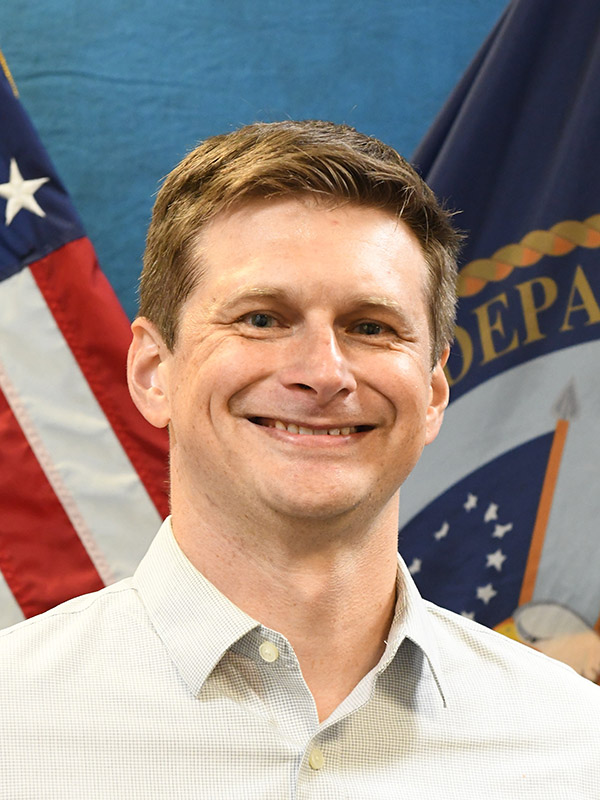
Before Mark Zocchi, PhD’23, started his postdoctoral education at Heller, he was working as a senior research associate at the George Washington University School of Medicine and Health Sciences in Washington, D.C., where he had just received his Master of Public Health degree. Transitioning to a full-time employee, Mark immersed himself in the entire research process, learning how to do academic research, apply for grants, and publish in academic journals. His work focused on studying the new Affordable Care Act. “I really liked this idea that we could use data we already have and had been collecting to see if policies are having an impact in the way they intended. I was learning how to do different types of statistical analysis on the fly, which made me start to consider how my work could benefit from the formal training of a PhD program.”
After looking into Heller and the Schneider Institutes, Mark spoke with the late Professor Jon Chilingerian, who eventually became his advisor. “His enthusiasm for what he thought I could bring and what he and Heller could offer really got me excited to go there. I felt like they were invested in me as an individual and had a great faculty and the infrastructure in place that would allow me to continue doing the research I was already doing at George Washington, but really hone my skills to become an independent investigator.”
A PhD Support Group
At Heller, Mark was part of a small cohort brought in on a nationally-funded training program, allowing him to form close working relationships with his fellow students and faculty while he pursued his research interests. “A group of six of us formed a ‘PhD support group’ that would meet every month or so to check in with each other and see how things were going. It was really helpful just to feel like you were still part of this community, even though we all couldn’t physically be together for quite some time.”
Today, the group continues to meet to support the members who are still in the process of completing their dissertations. “Working on a dissertation can feel isolating, like it’s just you pushing this massive project forward to the finish line. It’s easy to get bogged down in some of the details. Your peers can be encouraging, and ask you questions that keep you motivated. You really do need other people supporting you because there can be a lot of self-doubt.”
Skills That Go Beyond the Classroom
As part of his coursework, Mark took Dominic Hodgkin’s class on econometrics, where he became interested in the idea of using data to get beyond simple associations and relationships to assess if certain policies or interventions are having an impact on patient outcomes or access to care. He continued to take classes with Dominic and eventually became a teaching assistant for his class. “I tried to take as many quantitative methods and research methods classes as I could to improve my skills in those areas.”
Although Mark did not initially know what he was going to do as a dissertation, he found a perfect fit when the Mission Act was implemented while he was working part time at the Department of Veterans Affairs in Bedford, Mass. Mark realized that this was “just another example where I can study an impact of policy on different components of the healthcare system. I ended up studying how this Mission Act was impacting veterans who had type 2 diabetes and their access to care.”
Advice for PhD Candidates
A good committee makes a huge difference: “Focus on getting people who you work well with and who want to see you succeed, even if they’re not a perfect fit for your exact research question. Dom is an expert in quantitative methods and mental health care and, since I TA’d for him and took his classes, I knew him well and knew he would be an excellent chair for my dissertation committee even though diabetes care wasn’t his specific area of expertise.”
It won’t be easy, but it will be worth it: “Give yourself a lot of grace and really lean on other people in your cohort who can support you while you try to do the dissertation. It isn’t a straight path—it takes lots of twists and turns, so it really is important to have peers that you can talk to and a good committee you can rely on.”
